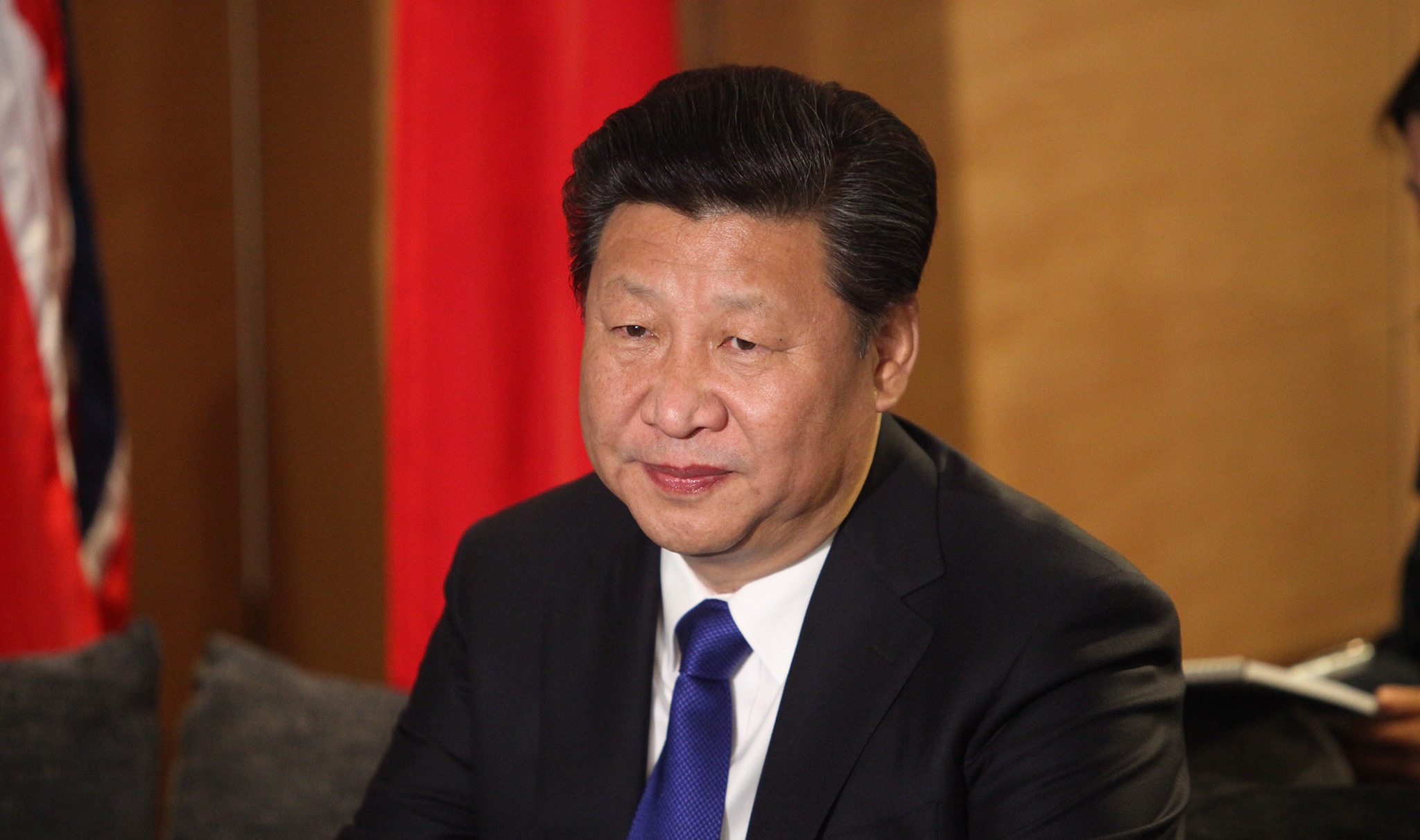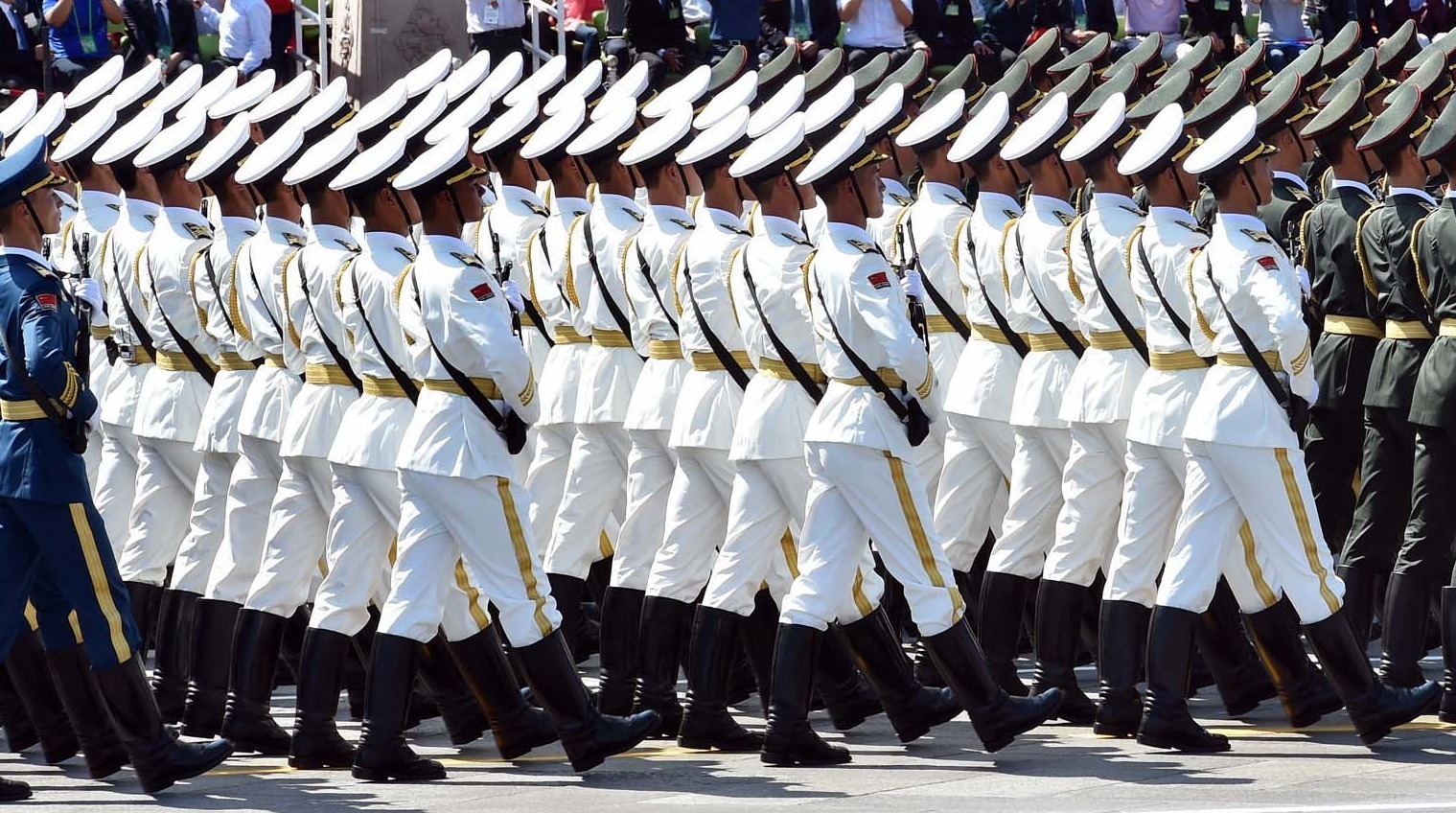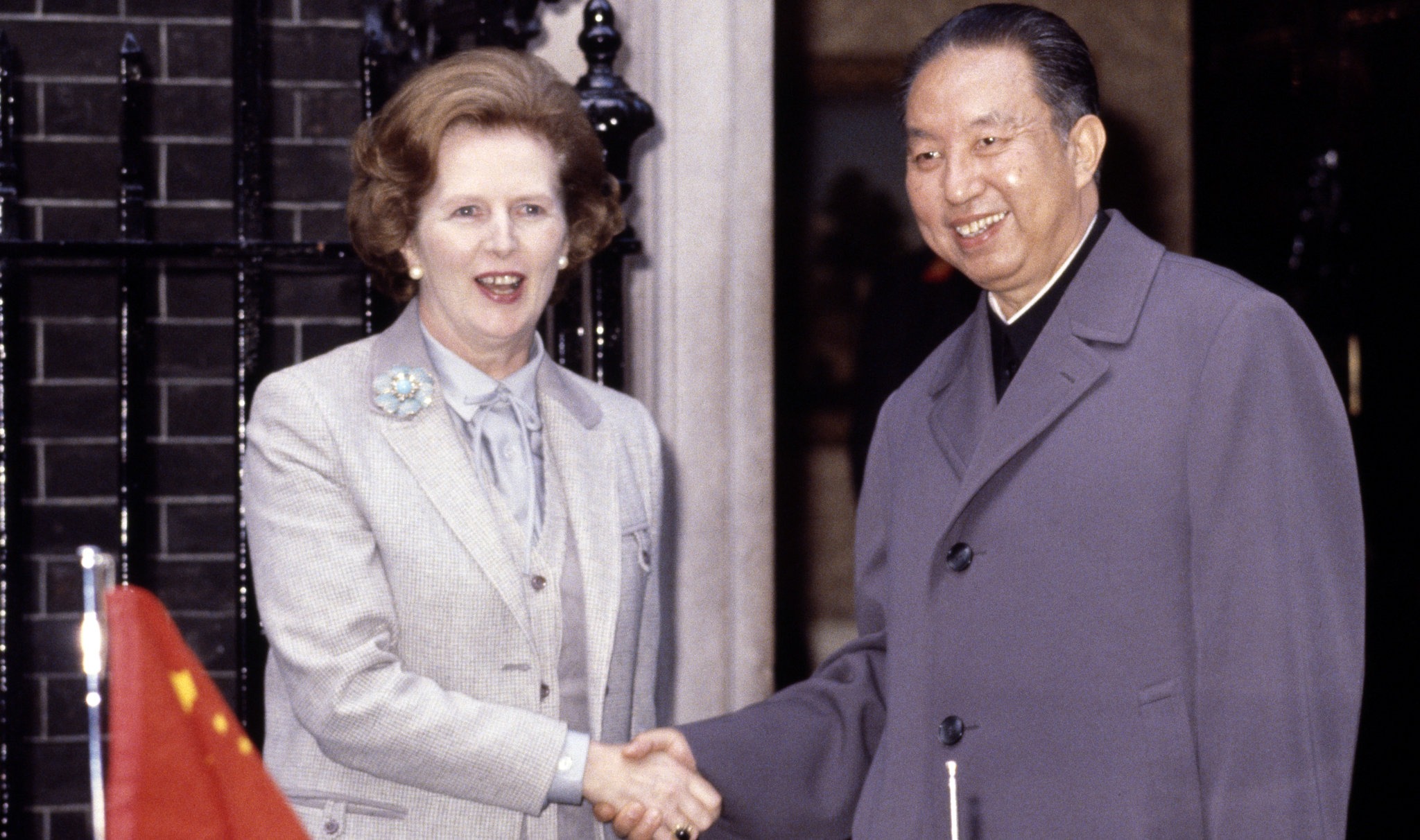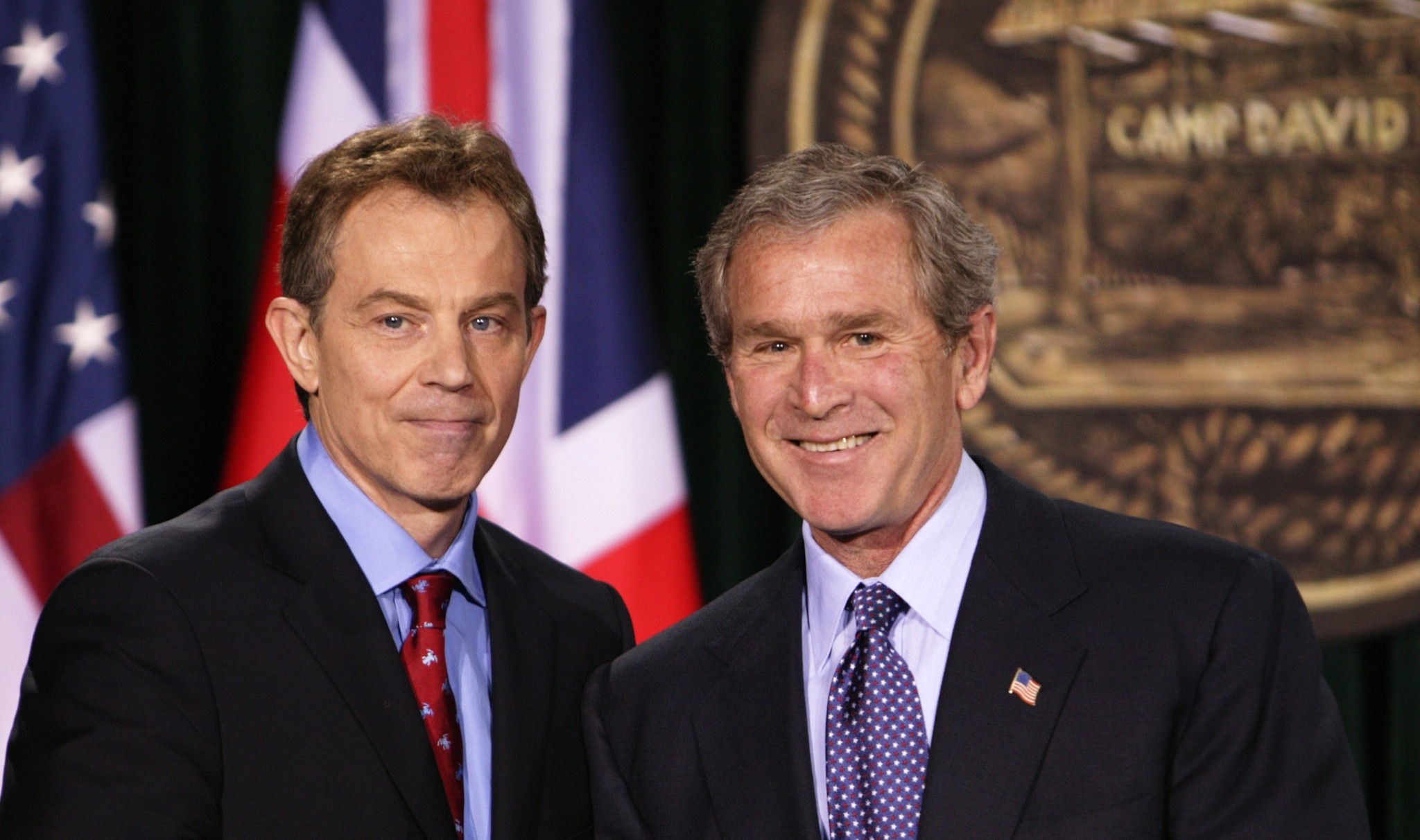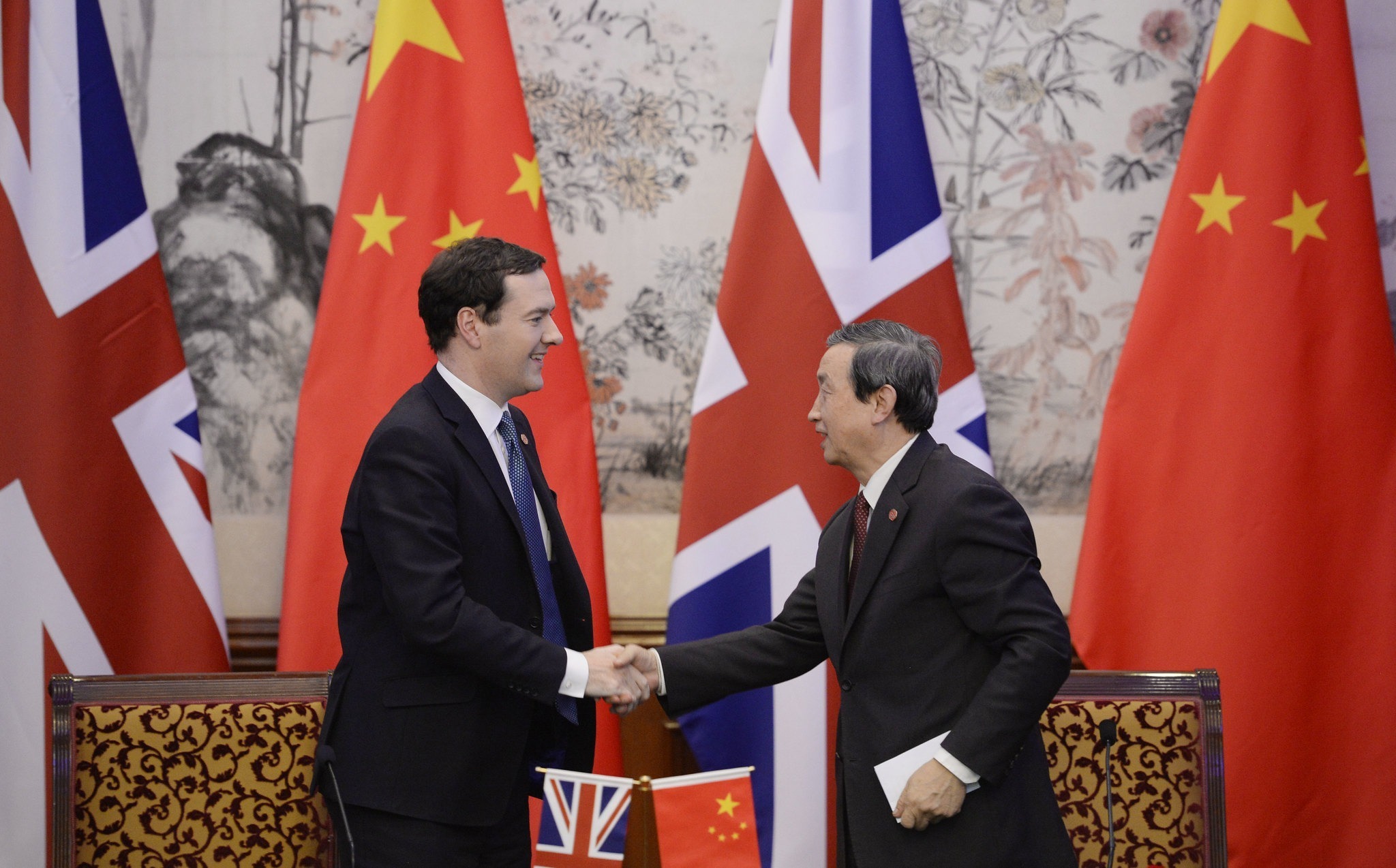A recent article in the Telegraph newspaper in Britain was headlined, “A war-winning missile will knock China out of Taiwan – fast”. Written by David Axe, who contributes regularly to the outlet, he detailed a war game last year that was organised by the US think-tank, the Centre for Strategic and International Studies (CSIS).
It examined a Chinese invasion of Taiwan and concluded that the US Navy would be nearly entirely obliterated. However, Axe wrote, the US Air Force “could almost single-handedly destroy the Chinese invasion force.”
How? With the use of a Lockheed Martin-made Joint Air-to-Surface Strike Missile (JASSM).
“It’s a stealthy and highly accurate cruise missile that can range hundreds of miles from its launching warplane”, Axe explained. “There are long-range versions of the JASSM and a specialised anti-ship version, too – and the USAF [US Air Force] and its sister services are buying thousands of the missiles for billions of dollars.”
Missing from this analysis was the fact that Lockheed Martin is a major sponsor of the CSIS. The editors of the Telegraph either didn’t know or care about this crucial detail.
One week after this story, Axe wrote another one for the paper, titled, “The US Navy should build a robot armada to fight the battle of Taiwan.”
“The US Navy is shrinking”, the story begins. “The Chinese navy is growing. The implications, for a free and prosperous Pacific region, are enormous.”
Barely a day passes without a story in the British or Australian media that ramps up fear about the rulers in Beijing and frames a massive military build-up by America and its allies as necessary in the face of Chinese aggression.
These repetitive media reports condition the public and so allow, or force, the political class to up the ante on China.
Propaganda by think-tank
Think-tanks, backed by arms companies, play a key role in propagandising the public in the seeming necessity of conflict with China (or at least preparing for war over Taiwan).
Too often, mainstream journalists happily parrot the pro-war ‘research’ offered by these think-tanks.
A recent study by the Quincy Institute research institution found that 85 percent of think-tanks mentioned in the US mainstream media, when covering Russia’s war in Ukraine, were bankrolled by arms dealers such as Lockheed Martin and Raytheon. Very few media stories mention who funds the think-tanks, leaving the public in the dark.
In both Australia and the UK think-tanks also hold an exalted position in media reporting. Often labelled as ‘Institutes’ to provide a sheen of academic credibility, they are often thinly disguised mouthpieces for US strategic policy.
For example, the Australian Strategic Policy Institute (ASPI), based in Canberra, now has a branch office in Washington DC. Its non-core funders include the US Defense Department, Thales Group, BAE Systems, Boeing, Lockheed Martin, Rafael, as well as Facebook and Twitter.
In the UK, Declassified found the media consistently fail to mention that Britain’s leading military think-tank, the Royal United Services Institute – which is regularly quoted by journalists – is funded by the UK military, US government and arms corporations.
Surrounding China
As Washington pivoted during the Trump presidency to isolate and bully China, governments in the Five Eyes intelligence alliance such as Britain and Australia have followed suit. The AUKUS deal between the US, UK and Australia is nothing less than a multi-billion program to surround and contain China at a time of declining American influence in the world.
“The US military presence on Australian soil is the largest since World War Two”
The US military presence on Australian soil is the largest since World War Two. The number of US bases is rapidly growing, with new and enhanced air bases, a planned nuclear submarine base, marines training facilities, and an upgraded string of advanced communications and surveillance sites.
Military ties between the two governments are deepening at a rapid rate, with US media framing this for American audiences as “maintaining stability in the Indo-Pacific region”.
The Australian foreign minister Penny Wong has also, in the best Orwellian traditions, described this unprecedented US military build-up to confront China, as a “contribution to regional stability”.
Preparing the public
Most of these developments are reported by the mainstream media in Australia as wholly positive, a rational response to what we are told is an increasingly belligerent China.
As an emerging great power, history suggests China is likely to increasingly flex its military muscles and its sabre-rattling over ‘reunification’ with Taiwan is worrying. Neither is China a democracy which sufficiently promotes human rights, either internally or elsewhere around the world.
But the ‘threat’ from China is being exaggerated to suit Western geopolitical aims and to stave off Beijing’s emergence of a new superpower that challenges US global preeminence.
The lack of credible evidence of any direct military threat to Australia has been no obstacle to those preparing the Australian public for a US military build-up, and a conflict with China.
The descriptions of Beijing’s “aggression” and “expansionism”, however, fall way short of any evidence of a threat of carpet bombing of Canberra or the invasion of Australia.
They instead range from references to alleged cyber attacks on Australian entities, the crackdown on free speech in Hong Kong, the treatment of the Uyghurs in Xinjiang, the occupation of disputed islands in the South China Sea, and rhetoric on a future reunification with wayward province Taiwan.
The Lowy Institute think-tank in Australia saw no contradiction in describing the need for “a more independent Australia, keen to minimise dependency on China, and weld itself ever more closely to the US militarily”.
The Institute is part-funded by the Australian government and has received funds from US arms contractors Lockheed Martin and Boeing.
Foreign interference
The political class and many in the media routinely tell the public that there’s a high risk of foreign interference principally from “enemy” states such as Russia, China and Iran. In contrast, there’s barely any discussion about the penetration of Israeli and American assets in Australia or Britain because they’re deemed as friendly nations.
However, one of Australia’s leading defence reporters, Brian Toohey, recently wrote that “foreign spies have never had any serious successes in Australia, with the possible exception of those from America.”
He went on to explain that, “When [Home Affairs minister] Clare O’Neil warns about threats to Australia’s democracy, she is presiding over national security laws that prevent Australia from being a liberal democracy any more.
“There’s barely any discussion about the penetration of Israeli and American assets in Australia or Britain”
“In 2003, the Howard government passed an Act that gave ASIO [Australia’s national security agency] the power to hold people in secret custody and force them to answer questions, including requests that could lead to people being subjected to extra judicial execution overseas. No other western government has such a system.”
None of these facts have stopped the Australian media repeatedly publishing stories about alleged Chinese state infiltration and surveillance, even if the evidence for spying is minimal or non-existent.
In one case, an Australian businessman with operations in China is being held under high security, charged with “reckless foreign interference” for selling information on defence and mining issues to suspected Chinese spies. His lawyer’s defence is that all the material delivered in the consultant’s reports was publicly sourced from open-source information.
Another Australian, a former US military pilot, has been held on a US extradition request for training Chinese pilots. His defence is that unclassified training was provided 15 years ago to civilian pilots through a registered South African flying academy.
This comes after dozens of Australian former soldiers, including the special forces commander, have been revealed serving as military trainers for troops from the United Arab Emirates while the UAE has been fighting a bloody war in Yemen. This mercenary work has been done with the express permission of the Australian government.
China spies
The UK also has its own current “China spy” story in the arrest of two men, one a parliamentary researcher, on suspicion of spying for Beijing. These sensational spy claims are helping, as the BBC so helpfully declared, to “turbo-charge” debate on the UK’s China policy.
These cases, and associated media coverage, serve to maintain and even raise the pressure on political leaders to crack down further on alleged Chinese influence.
UK prime minister Rishi Sunak is now moving from describing China as an “epoch-defining and systemic challenge” to calling it a “threat to our open and democratic way of life”.
Sensationalist reporting and minimal evidence have become a feature of the raising of the threat level perceived from China.
Indeed, a story can appear in The Guardian this month that uncritically reports the words of General Angus Campbell, the chief of the Australian Defence Force, and his warnings against “truth decay” in Western democracies due to lies told by China and Russia.
Neither Campbell nor the newspaper mentioned the litany of untruths told by the US, UK and Australia since the 11 September 2001 attacks and their impact on the public’s trust of institutions. The talk by General Campbell was sponsored by arms corporations-funded think-tank, ASPI.
Yellow peril
This year has seen perhaps the most egregious example of Sinophobia in the Australian media since the grotesque anti-Chinese Yellow Peril articles in The Bulletin magazine in the colonial Australia of the 1880’s. Crime, immorality, cheap labour, and disease were then seen as a threat to a White Australia, laid at the foot of “The Mongolian Octopus”.
Journalism of a similar hue appeared as a three-day series called Red Alert in The Sydney Morning Herald and Melbourne Age in March. The first instalment opened with the following: “Australia faces the threat of war with China within three years – and we’re not ready.”
This analysis, principally pushed by the pro-war think-tank, ASPI, and regularly alarmist journalists Peter Hartcher and Matthew Knott who wrote the stories, declared that China would try to invade Taiwan soon.
“The nature of the threat extends to the prospect of a full-scale war – and Australia would have to be involved”, it ominously intoned. “Australia faces the real prospect of a war with China within three years that could involve a direct attack on our mainland.”
The alarmist report relied on five “experts”, but failed to tell readers that four of them are directly connected to ASPI, as staff, a board member or contributor. Nowhere was the pro-war stance, foreign government funding, and weapons industry connections of ASPI mentioned.
It is perhaps surprising to see that, in the face of such reporting, reliable opinion polling shows the Australian public’s support for a US war against China is actually persistently dropping.
The polling, largely ignored by the mainstream media, also shows the Australian public has tired of involvement in aimless deadly US wars, in places like Iraq, Syria and Afghanistan.
The rhetorical tone of the special report was so hysterical that it brought a blistering response from former Australian prime minister Paul Keating (who led the country between 1991 and 1996). He wrote that it was “the most egregious and provocative news presentation of any newspaper I have witnessed in over 50 years of active public life”.
The AUKUS-led policy, signed up to by the former Australian Liberal prime minister Scott Morrison, and pushed hard by the current Labor prime minister Anthony Albanese, brought The Economist to warn in August that, “If America ever goes to war with China, American officials say the Aussies would be the likeliest allies to be fighting with them.”
The reality is that both Britain and Australia are vying to be America’s ‘best friend’ and both are likely to be its close allies in any future war against Beijing.
As the US begins clearing jungles across the Pacific to support new air bases to threaten China, both Australia and, apparently, Britain, are willingly giving up their sovereignty to join Washington in a potentially perilous mission to militarily engage Beijing.
Antony Loewenstein is an independent journalist, film-maker, author of The Palestine Laboratory: How Israel Exports The Technology Of Occupation Around The World and co-founder of Declassified Australia.
Peter Cronau is an award-winning investigative journalist, writer, and film-maker. He is co-editor of the recent book, A Secret Australia: Revealed by the WikiLeaks Exposés, and co- founder of Declassified Australia.

